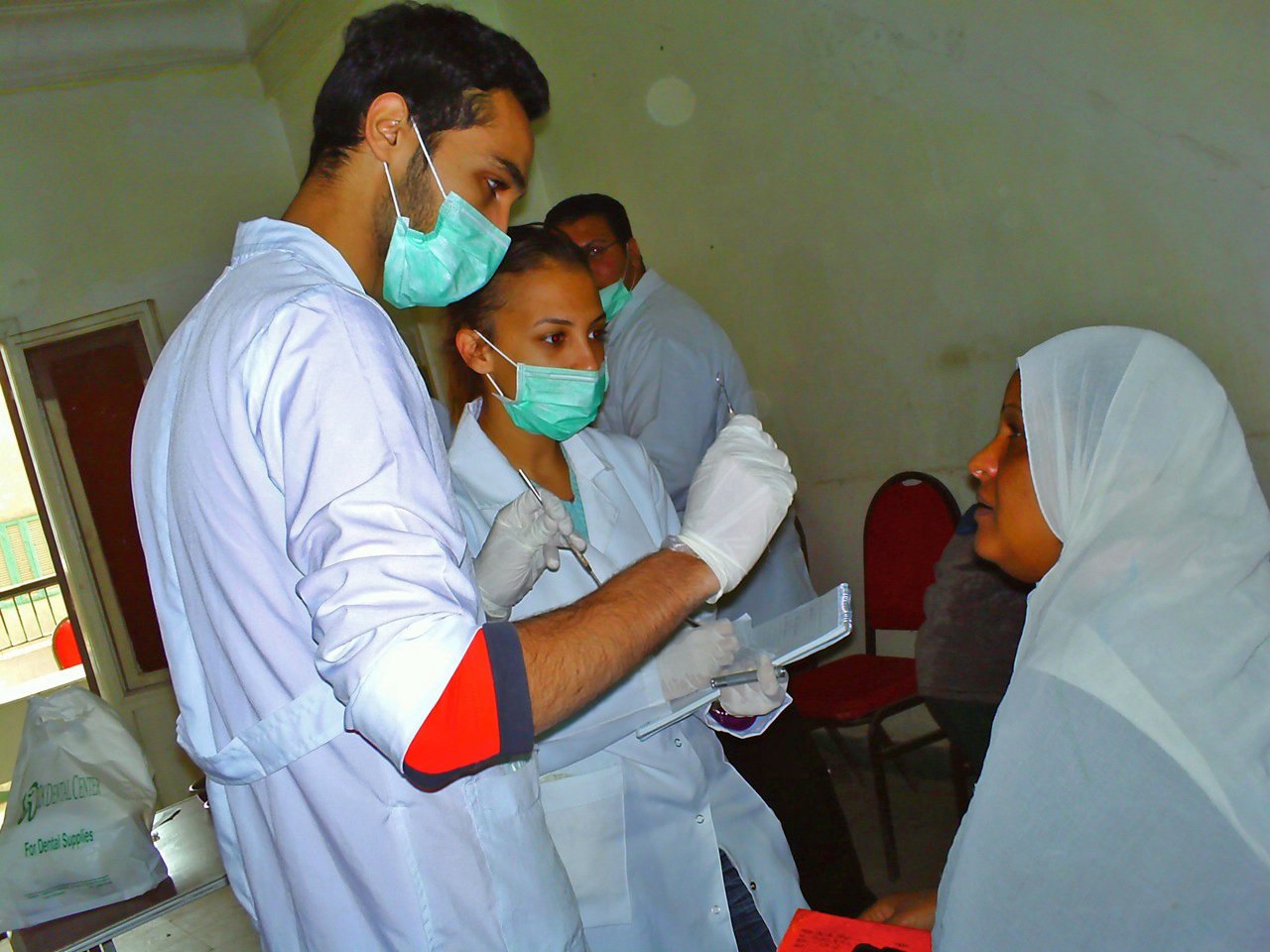Now, and after Mubarak is gone, Salem is back at his laptop, but this time as an activist of a different sort.
“I was always preoccupied with the political dimension of the Egyptian revolution. Now, however, I am focused on the humanitarian side.” Salem told IRIN.
Along with 19 other prominent bloggers in Egypt, Salem is trying to exploit social media for what he sees as positive change, and on 26 July the group launched what is believed to be Egypt’s first Twitter fundraising campaign to help slum-dwellers.
Tweetback’s first goal was to raise the equivalent of US$336,700 to improve living conditions in one of Cairo’s worst slums, Ezbet Khairallah, and managed to raise $218,855 in 10 days, proving that social media can play a positive role to alleviate poverty.
“When I visited this slum for the first time in my life, I talked to people about the importance of political participation, but I soon realized that the residents of this slum needed something else,” said Salem.
There are hundreds of slums in Egypt, including 420 “unsafe” ones, according to the National Agency for Public Mobilization and Statistics, the government’s research arm.
|
Photo: Ben Hubbard/IRIN |
| There are hundreds of slums in Egypt |
When Rania Helmy, a 32-year-old public relations specialist and a Tweetback partner, visited the slum more than six years ago, she had to wear boots. “The streets were always full of sewage and dirt,” Helmy said, adding: “I met people who had sold body organs, and saw extremely cramped and unsanitary living conditions.”
In 2009 the government tried to relocate dozens of families from the slum to safer housing on the outskirts of the capital, but when the families got there they discovered that their new homes were in the desert and that they would not have any means of earning a living.
Better roads
The Tweetback initiative is not aiming to relocate slum-dwellers, but has the limited objective of improving the road network there.
Peace and Plenty, which is partnering Tweetback, knows that the money raised will not go far, but NGO chair Niven Elibrashy is focused: “Roads are lifelines and by improving them, the life of the whole slum can be changed.”
A few years ago, when Elibrashy visited the then health minister and asked him to establish a clinic in the slum, the minster wondered how doctors would get there. The lack of paved roads also prevented access for ambulances and fire services, and parents were discouraged from sending their children to school because the streets were not safe; people found it difficult to get to work, according to Elibrashy.
“This means that if we make the necessary roads, we will improve education and health, and reduce poverty,” Elibrashy said.
“Everybody is starting to feel the importance of social media in effecting change,” Hemly said. “We need to mobilize people to develop this country. People living in the slums actually need a lot.”
ae/cb
This article was produced by IRIN News while it was part of the United Nations Office for the Coordination of Humanitarian Affairs. Please send queries on copyright or liability to the UN. For more information: https://shop.un.org/rights-permissions





